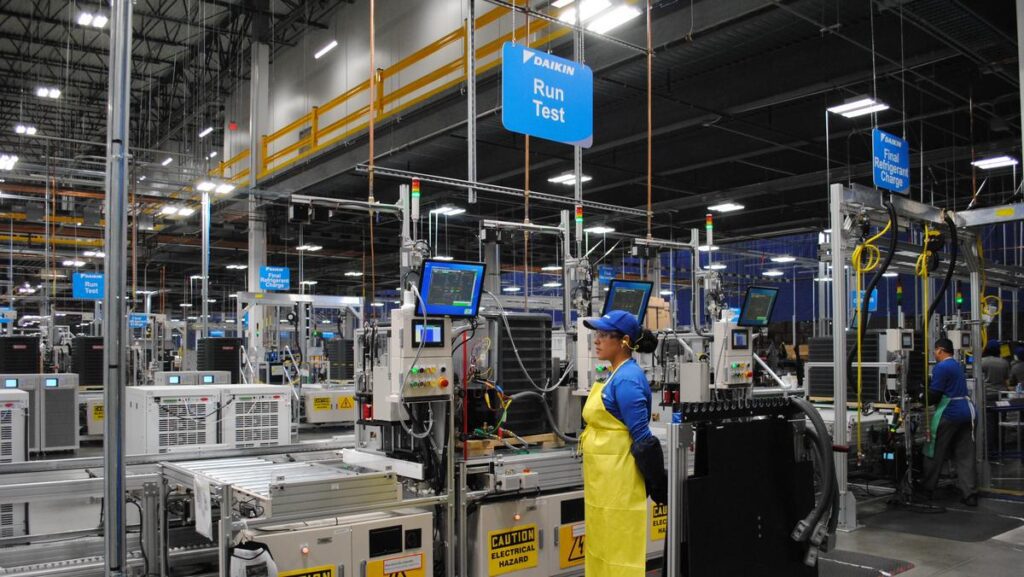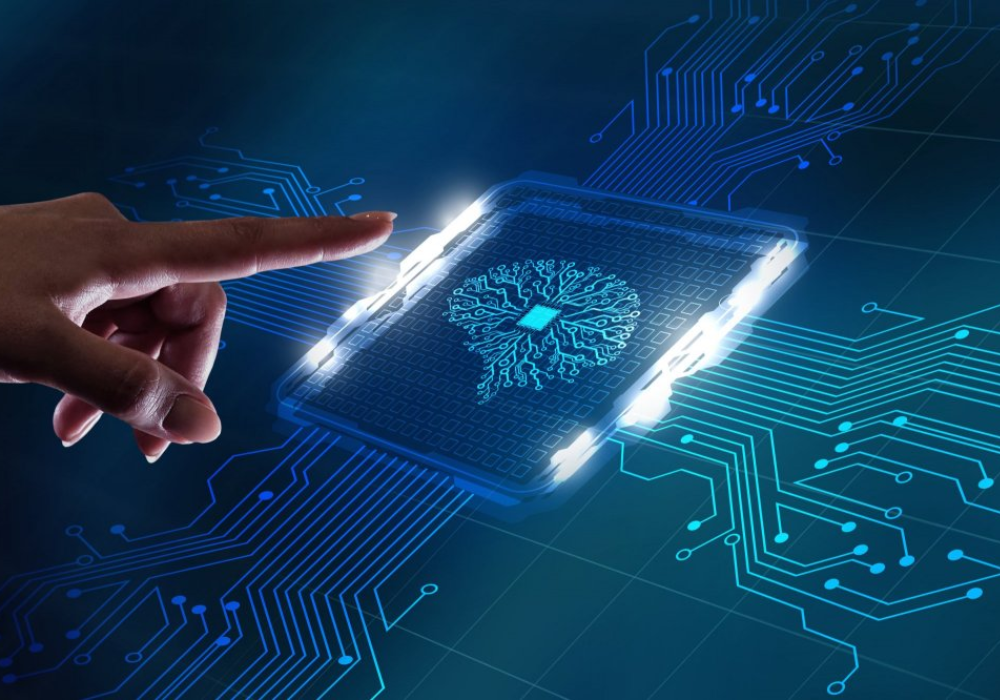As artificial intelligence (AI) continues to advance at an unprecedented pace, its impact on the job market is becoming increasingly evident. While AI brings numerous benefits and opportunities, it also raises concerns about the potential displacement of human workers. In this article, we explore the industries and job roles that are most vulnerable to disruption by AI. Here, shedding light on the evolving landscape of work and the need for adaptation in the face of technological advancements.
Manufacturing and Assembly Line Jobs: AI-powered automation is revolutionizing the manufacturing sector, replacing repetitive and manual tasks with robotic systems. Jobs involving assembly line work, such as routine product assembly, quality control, and material handling, are at a higher risk of being replaced by intelligent machines. The efficiency, precision, and cost-effectiveness offered by AI-driven automation make it an appealing alternative for many manufacturing processes.

Transportation and Delivery Services: The rise of autonomous vehicles and drones poses a potential threat to jobs in the transportation and delivery sector. AI-powered self-driving vehicles have the potential to replace human drivers, impacting professions like truck drivers, taxi drivers, and delivery personnel. With advancements in AI algorithms and safety measures, the automation of transportation services could significantly reshape the industry.

Customer Service and Support Roles: AI-powered chatbots and virtual assistants are increasingly taking over customer service and support roles. These intelligent systems can handle customer inquiries, provide information, and even perform basic problem-solving tasks. AI algorithms continue to improve natural language processing and understanding capabilities. Human customer service representatives may face reduced demand in certain sectors.

Data Entry and Administrative Positions: AI algorithms equipped with optical character recognition (OCR) and natural language processing capabilities are transforming the efficiency of data entry and administrative tasks. Jobs involving manual data entry, record keeping, and data analysis may become obsolete. AI systems can handle these tasks faster and with higher accuracy, reducing the need for human intervention.

Retail and Sales Associates: E-commerce and AI-powered recommendation systems are altering the retail landscape. Online shopping platforms, virtual assistants, and personalized product suggestions can replace the traditional role of sales associates. With AI’s ability to analyze customer preferences, make purchase recommendations, and provide tailored shopping experiences, human involvement in certain retail and sales positions may decline.

The rapid advancement of AI technology undoubtedly brings both opportunities and challenges to the job market. While AI has the potential to enhance productivity and drive innovation, it also poses a threat to certain industries and job roles. It is crucial for individuals and organizations to adapt to this changing landscape. It can do by upskilling and reskilling the workforce to meet the demands of emerging industries. By embracing AI as a tool rather than a replacement, we can navigate the future of work. And ensure a harmonious integration of human capabilities with intelligent machines.











More Stories
Aamir Khan: ‘रिलेशनशिप छिपाने में यकीन नहीं रखता’, गर्लफ्रेंड गौरी पर बोले आमिर खान- रिश्ता स्वीकारना मुश्किल था
Hina Khan flaunts bridal glow at awards show after wedding to Rocky Jaiswal; rocks purple saree
6 महीने में मर जाओगे… 230 किलो के अदनान सामी को जब डॉक्टर ने दी थी चेतावनी